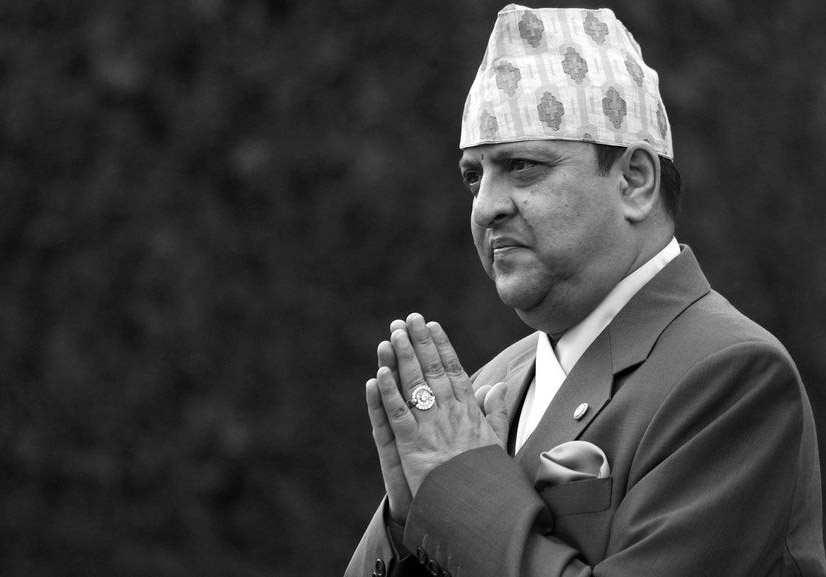
May 12, 2005 | Advocacy, Non-legal submissions
On 10 May, the ICJ made a submission to the Committee against Torture (CAT) on the recently introduced draft law on counter-terrorism in the Kingdom of Bahrain.
This law – if adopted – would greatly reduce safeguards against torture, cruel or inhuman and degrading treatment or punishment and negatively affect the implementation of the Convention against Torture in Bahrain. The ICJ invited the Committee to assess the impact of this draft law on the implementation of Bahrain’s obligations under the Convention and make recommendations to Bahrain to ensure that the law complies with international human right standards.
Bahrain-impact law counter-terrorism-non-judicial submission-2005 (full text in English, PDF)
Bahrain-impact law counter-terrorism-non-judicial submission-2005 (full text in Arabic, PDF)

May 12, 2005 | Advocacy, Non-legal submissions
In May 2005, the ICJ and other rights groups issued a joint statement on the increasing use of diplomatic assurances by States as the basis for the transfer of alleged terrorist suspects in countries where they seriously risk torture or ill-treatment.
The statement was issued by the following NGOs: ICJ, Amnesty International, Association for the Prevention of Torture, Human Rights Watch, International Federation of Action by Christians for the Abolition of Torture, International Federation for Human Rights, International Helsinki Federation for Human Rights, and World Organisation Against Torture.
risk torture ill treatment-non-judicial submission-2005 (full text in English, PDF)

May 5, 2005 | News
The ICJ today called on the government of Nepal to immediately comply with the Supreme Court’s order to release student leader, Gagan Thapa (photo).
Gagan Thapa, who was arrested on 26 April and held in Hanuman Dhoka detention facility, remains detained despite the order of the Supreme Court.
“It is disturbing that the government of Nepal is continuing to defy orders of the Supreme Court,” said Nicholas Howen, Secretary-General of the ICJ. “Compliance with court orders is a critical measure of the government’s commitment to human rights. It has been built into both US Congressional and United Nations scrutiny of the Nepali government’s human rights record.”
Last month the 53 governments of the UN Commission on Human Rights unanimously agreed on a resolution on Nepal stating that judicial remedies must be safeguarded. In particular they stated that habeas corpus orders must be respected. Nepal, as a member of the UN Commission on Human Rights agreed to this resolution and is therefore committed to implementing it. Even before the King assumed direct power on 1 February the US congressional resolution of December 2004 on military assistance to Nepal set out four conditions including substantial progress in complying with habeas corpus orders issued by the Supreme Court of Nepal.
“If Gagan Thapa is not swiftly released or is re-arrested, as has happened in past cases, the Supreme Court should begin contempt proceedings to hold the government accountable for failure to comply with court orders,” said Nichols Howen.
Nepal-continues defy court orger-press reelease-2005 (full text in English, PDF)

May 4, 2005 | News
Following the lifting of the state of emergency in Nepal by King Gyanendra, the ICJ and other human rights groups called for the restoration of all fundamental rights formally suspended under the state of emergency.

May 2, 2005 | News
La CIJ et la FIDH expriment leurs plus vives préoccupations suite à la condamnation par la justice tunisienne de l’avocat tunisien Maître Mohammed Abbou, le 28 avril 2005 à une lourde peine d’emprisonnement.









